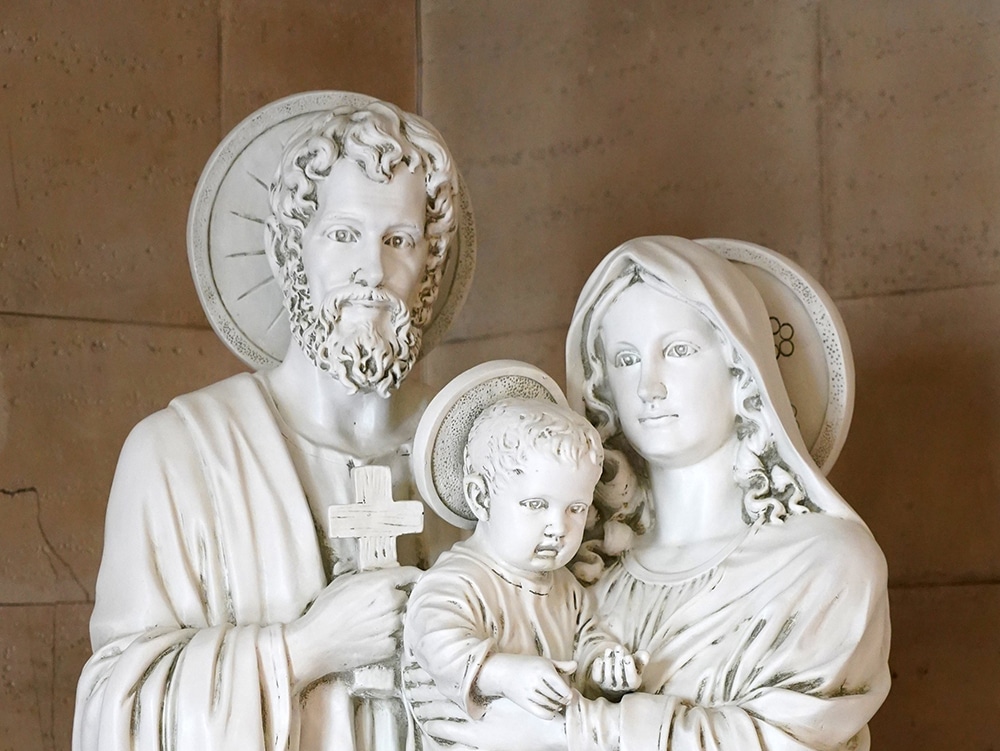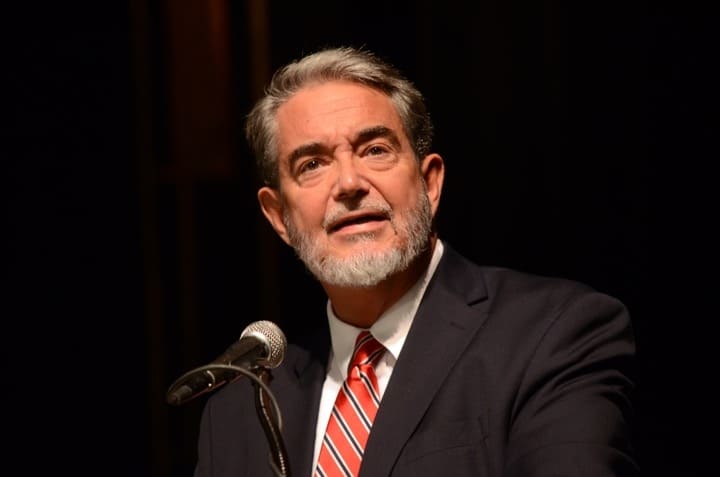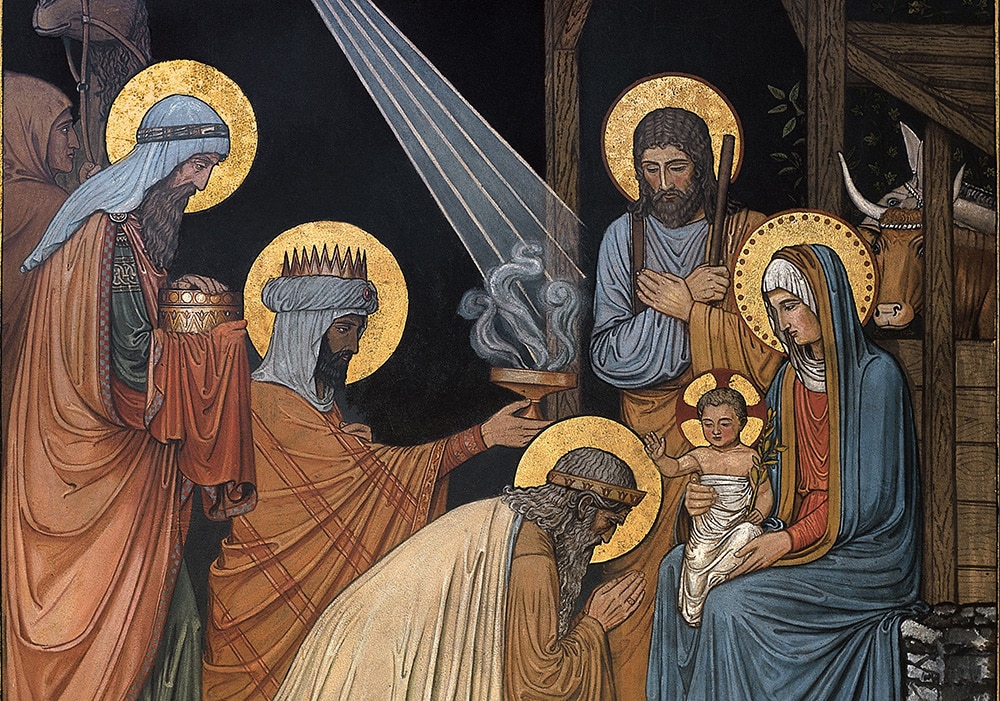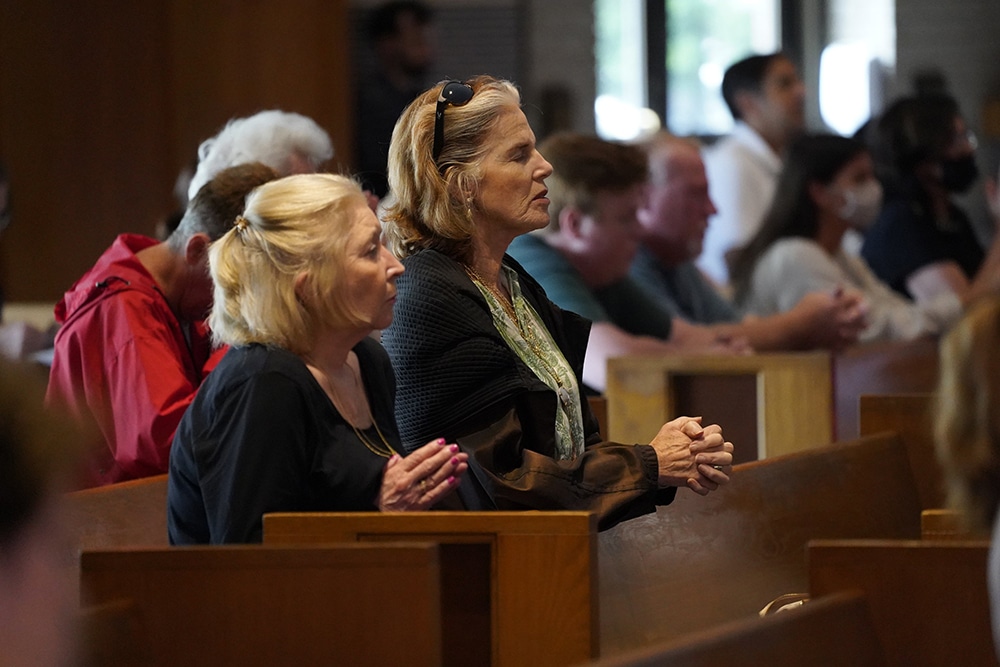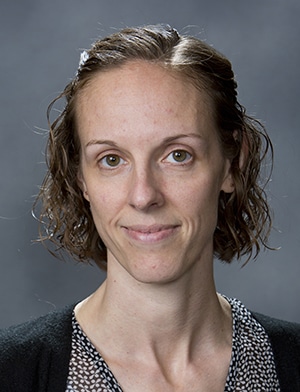 The feast of the Holy Family is a beautiful, joyful feast!
The feast of the Holy Family is a beautiful, joyful feast!
Yet, there is much in the readings for this Sunday that might suggest otherwise. Wouldn’t it have been anguish for Hannah to hand Samuel over — her longed-for son? Then there is the suggestion of discordant homes in Paul’s letters as he encourages families to live together in peace. Crowning it all, we encounter the “great anxiety” of Mary and Joseph as they search for their child (lost for three days!). And then, upon finding him, we hear his question to his mother: “Why were you looking for me?” (Lk 2:49)
At the same time, we are invited to imagine the lives of these families, especially the Holy Family, through a Eucharistic lens. The Eucharist is a thanksgiving, and so Paul tells families: “be thankful” (Col 3:15). In the Lectionary, this line stands out on its own, obvious to the reader. It is convicting: To be thankful is to be joyful.
| December 26 – Feast of the Holy Family of Jesus, Mary and Joseph |
|---|
|
Sir 3:2-6, 12-14 |
To help us imagine the life of the Holy Family, Luke tells us that Mary and Joseph come up to Jerusalem each year for the Passover feast. As you may well know, the Passover celebrated Israel’s exodus, or “crossing over” from Egypt into freedom. To come to Jerusalem for the feast was not a liturgical requirement but a free gift to God — a “thank you.” Mary and Joseph’s home, we begin to see, was a joyful place of pious devotion and grateful generosity.
Jesus would have come with them every year. But this year, his 12th year, the Passover would be different. It would be a foreshadowing of the Passover we call Easter. During this particular Passover feast, Jesus “crossed over” from his family home to the Temple, to his “Father’s house.”
Mary, Luke tells us, “kept all these things in her heart” (Lk 2:51). Earlier in his Gospel, at the scene of the Annunciation, Luke tells us that Mary pondered different words from the Father in her heart. Then, the Angel Gabriel had greeted her, bringing the news of her motherhood: “the child to be born will be called holy, the Son of God” (Lk 1:35). Mary’s heart is moved by a Eucharistic impulse. Her response to the Annunciation was a “yes.” And it is the same here, pondering the holy Son’s announcement of his “Father’s House.” And so the other news: Mary is a mother to all those of God’s household.
We are also told in today’s Gospel that Christ then returned home: “He went down with them to Nazareth, and was obedient to them” (Lk 2:51). We are now, thanks to Christ’s passing over into his “Father’s House,” a part of his household. We should enter into the prayers of this Holy Family with great Eucharistic joy.
The prayers of this Holy Family are but one word: yes. The Catechism of the Catholic Church tells us that Christ learned to pray from his mother as he grew up in his family’s home. But let’s be more precise. The Catechism further describes the Our Father as an echo of Mary’s “yes” at the Annunciation (cf. CCC, No. 2599). This is a “yes,” as we see today, that Mary repeated throughout her life, capacitating herself for the ultimate Eucharistic gift: the life of her Son given for all.
If we see ourselves as learning to pray within such a home, we will certainly learn to be thankful for this gift. And so we see that it is a beautiful, joyful feast. It is the feast of all God’s household in joyful, grateful chorus: “Yes!”
Catherine Cavadini, Ph.D., is the assistant chair of the Department of Theology and director of the M.A. in theology degree program at the University of Notre Dame.

